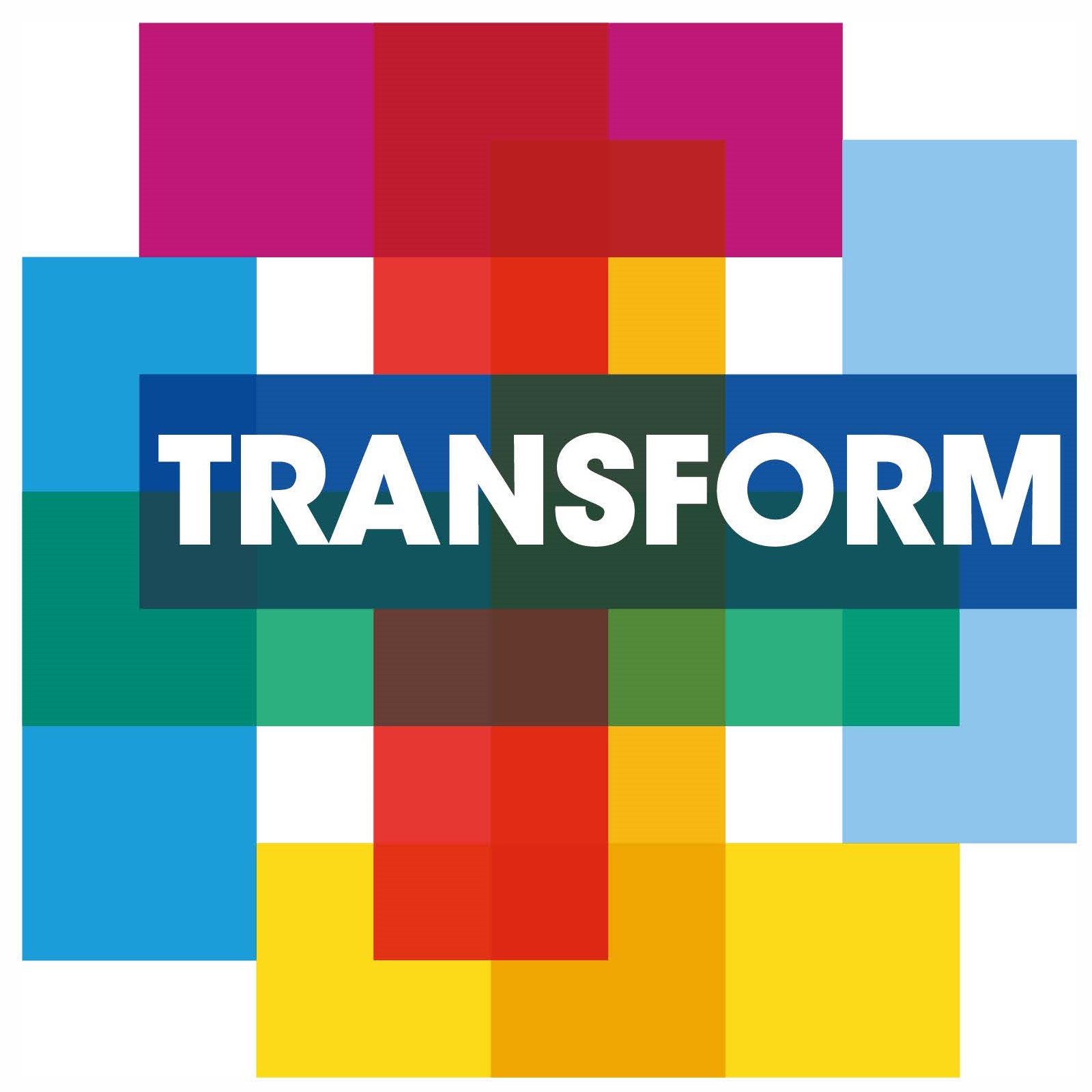Tips for creating a successful Project Board on the Collaboration Hub
Published on: 18/06/2021
The TRANSFORM platform is designed to inspire, support and connect early- and growth-stage impact enterprises in sub-Saharan Africa and South Asia. We have a suite of tools and resources available to support enterprises with business-critical issues and processes, from strategy to financial planning to marketing.
TRANSFORM was founded on the belief in the power of partnerships to drive lasting change. This is why we have created a Collaboration Hub, which is designed to facilitate collaboration and learning – the two core ingredients to success. It is where our corporate partners, including Unilever, the FCDO and EY, direct their teams to provide advice, facilitate introductions and share resources with impact enterprises. And it is where entrepreneurs learn from each other and build supportive connections with their peers.
If you are an impact-oriented business serving the needs of low-income communities with market-based solutions, we encourage you to register on the site and declare your needs. You do this by creating a short and succinct Project Board listing two or three requests for support.
Three key things to consider when crafting your Project Board
Be specific about the support you need
Think about specific challenges or projects you need advice on, introductions to experts, or expertise requests. A good example might be, “we need help sourcing and selecting specific field agent communication software”, as opposed to “we need help with our WASH project.” Or instead of “we need FMCG distribution partners”, you might be “looking for nano-technology specialists,” or “local supply chain specialists who can advise on the best way to infiltrate major supply chains.” Be as specific as possible so you get the right support for you, quickly and easily.
Create a board based on the partners you want to attract
A question we often get asked is whether to create an enterprise-level or project-level board. Most of the time, you will want to create an enterprise-level board. Bigger enterprises that have different country offices or large programmes may prefer to create more specific project-level boards. For example, if you want to improve your real-time monitoring of your waste collection network, then this could form part of an enterprise project board. But if you are expanding into a new country and need support for that country office, then this could form a project-level board.
Use imagery to bring your business to life
As the saying goes, pictures tell a thousand words so make sure you choose some photos that give people a sense of your business. It is best to upload them to this site rather than linking to an external website because you want to make it easy for people to understand your business.
And finally…
Don’t forget to start following other project boards that have a potential crossover with your business. For example, projects you would like to learn from or could see areas of potential collaboration in the future. You can also follow individuals who are in the same geographic area as your project and start building those relationships by commenting on their projects.
Here is a checklist to help when creating a Project Board:
- Does the title of the Project Board say what it is and the country or region of focus?
- Does it clearly identify 2-3 discreet areas of support needed?
- Does it include links to further information, such as a website or blog post?
- Does it include photos and supporting documents in the document section, with a description to say what they are?
- Have you requested to follow other projects?
- Introduce yourself in the forum: choose your geography and say hello to tell others you are active.
Take a look at Parag’s Project Board which we think is a great example to follow:

Once you have set up your Project Board, feel free to invite collaboration by sharing your page on social media and tagging TRANSFORM on Twitter: @TRANSFORM_SDGs and LinkedIn.
We look forward to helping you get the support you need to positively impact many more lives.
-
 Insights
Insights
